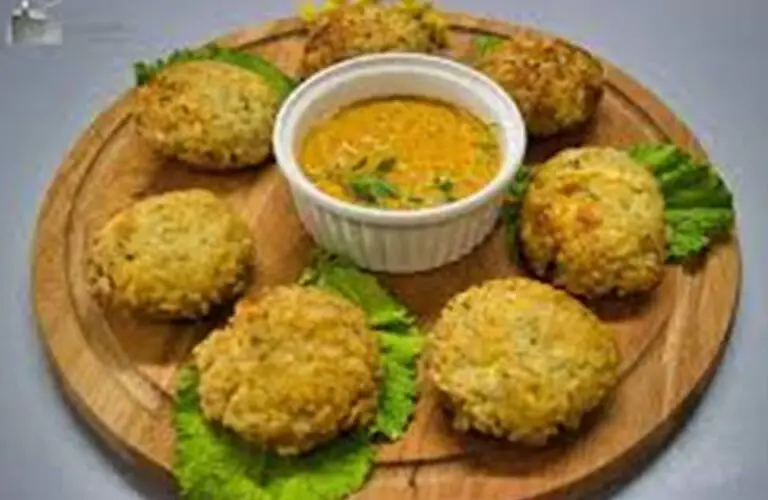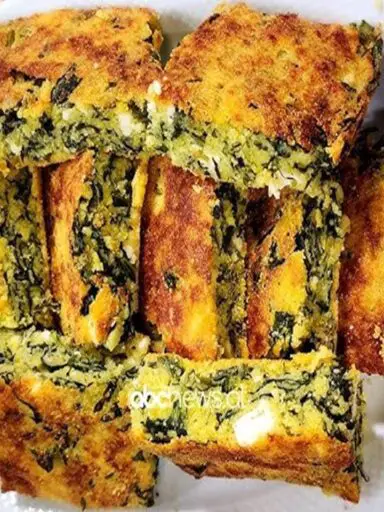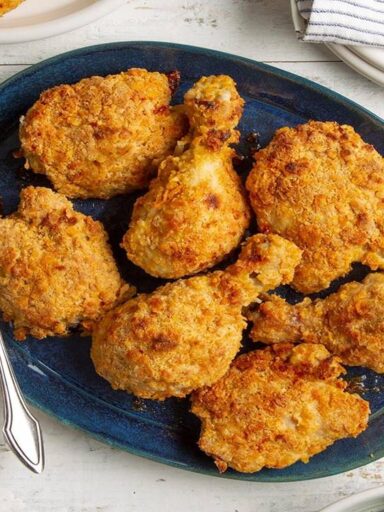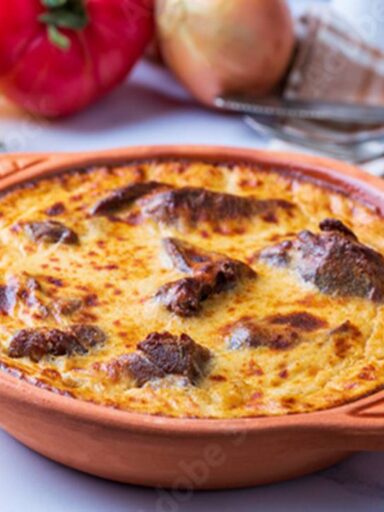Albanian Qifqi Dish
Qifqi, a distinctive and traditional dish, hails from the Gjirokastër region of southern Albania. It is an embodiment of the region’s rich culinary heritage, showcasing a unique blend of simplicity and flavour that has been passed down through generations.
Ingredients and Preparation
The primary ingredients for Qifqi are rice, eggs, and an array of herbs, typically including fresh mint and parsley. Some variations might also incorporate dill or fennel for an added layer of taste. The dish’s simplicity is deceptive, as the careful balance of ingredients is what imparts its characteristic flavour.
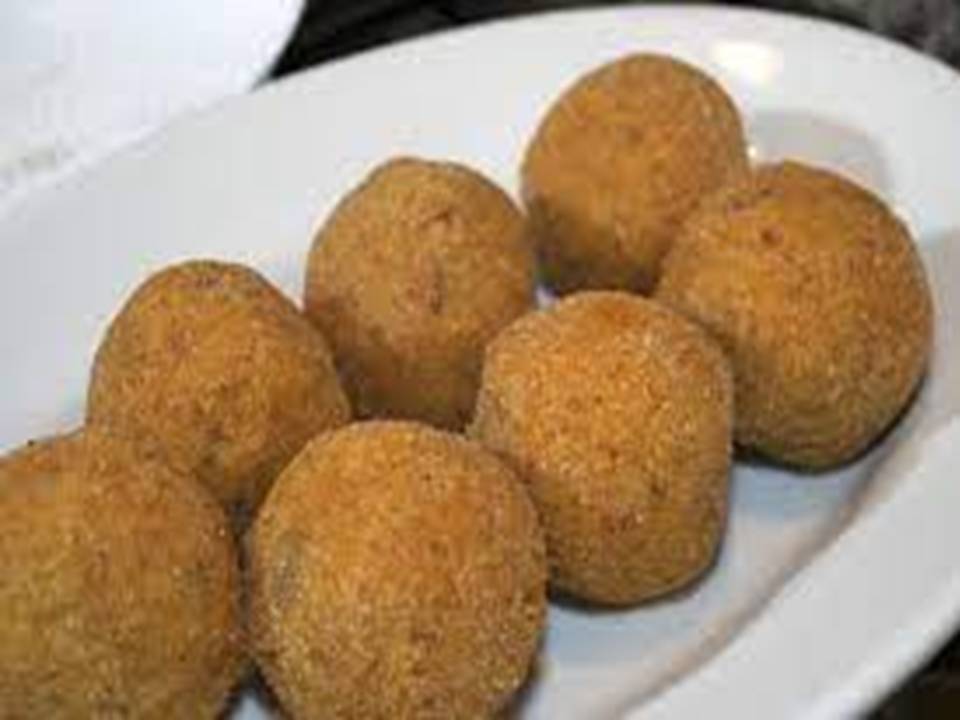
To prepare Qifqi, cooked rice is mixed with beaten eggs, chopped herbs, salt, and pepper. This mixture is then shaped into small balls. Traditionally, these rice balls are cooked in a special cast-iron mould with round indentations, which ensures they hold their shape while developing a crisp exterior and a tender interior. In the absence of this traditional mould, muffin tins or similar kitchen tools can be used as a substitute.
The cooking process involves heating oil in the mould, placing the rice balls in the indentations, and then cooking them until they achieve a golden-brown crust. This method imparts a delightful textural contrast that is central to the Qifqi experience.
Cultural Significance
Qifqi is more than just a dish; it is a symbol of Gjirokastër’s cultural identity. The city, known for its stone houses and cobblestone streets, has a rich history and a well-preserved Ottoman-era ambiance. Qifqi plays a significant role in the region’s culinary traditions, often served during festive occasions and family gatherings.
This dish is especially popular during the springtime, when fresh herbs are in abundance. It is a staple at the Gjirokastër National Folk Festival, a biennial event that celebrates Albanian folklore, music, and cuisine. During this festival, Qifqi is often enjoyed alongside other traditional dishes such as byrek (savory pastries) and tavë kosi (baked lamb with yogurt).
Modern Adaptations
While Qifqi remains a beloved traditional dish, modern variations have emerged, reflecting broader culinary trends and personal preferences. Some cooks add cheese or finely chopped vegetables to the rice mixture for enhanced flavour and nutrition. Others experiment with different herbs and spices, creating new renditions while staying true to the dish’s original spirit.
Despite these variations, the essence of Qifqi—a simple yet flavourful dish rooted in tradition—remains unchanged. It continues to be a culinary link to the past, offering a taste of Albania’s rich heritage with every bite. Whether enjoyed in its hometown of Gjirokastër or recreated in kitchens around the world, Qifqi stands as a testament to the enduring appeal of Albanian cuisine.
Ingredients:
1 cup long grain rice
2 cups water or chicken broth
1 small onion, finenely chopped
2 garlic cloves, minced
1/2 cup all-purpose flour
2 eggs, beaten
1/4 cup grated Parmesan cheese
1 tbsp chopped fresh parsley
1 tbsp chopped fresh dill
Salt and pepper to taste
Oil for frying
Instructions:
1. Rinse the rice in a fine-mesh strainer until the water runs clear. Drain and set aside.
2. In a medium saucepan, bring the water or chicken broth to a boil, add the rice and stir to combine.
3. Reduce the heat to low and cover the pan with a lid.
4. Cook the rice for 18-20 minutes, or until tender and all the liquid has been absorbed.
5. In a large mixing bowl, combine all the ingredients and mix until well combined.
6. Heat enough oil for frying in a deep skillet or pot over medium-high heat.
7. Using a tablespoon, scoop the rice mixture and form into small balls, about 1 inch in diameter.
8. Carefully drop the rice balls into the hot oil and fry until golden brown and crispy, about 3-4 minutes.
9. Remove the rice balls with a spoon and place on a paper towel-lined plate to drain excess oil.
10. Serve the Qifqi hot as an appetizer or side dish.
Enjoy your delicious Qifqi!
Tips:
- You can add other herbs and spices to the rice ball mixture, such as chopped mint, oregano, or paprika, depending on your taste preferences.
- To make the rice balls even more flavourful, you can add some crumbled feta cheese or chopped olives to the mixture.
- Don’t overcrowd the skillet or pot when frying the rice balls, as this can cause them to stick together or cook unevenly.
- If you prefer a healthier option, you can bake the rice balls in the oven instead of frying them.
- Preheat the oven to 190°C and place the rice balls on a baking sheet lined with parchment paper.
- Bake for 20-25 minutes, or until golden brown and crispy.
Recommended Wine for Qifqi Albanian Delicacy
Qifqi is a traditional Albanian delicacy made of rice balls flavoured with fresh herbs like mint, parsley, and sometimes eggs, cooked in olive oil. The dish has a delicate and herbal flavour profile that pairs wonderfully with certain wines. Here are some wine recommendations to complement Qifqi:
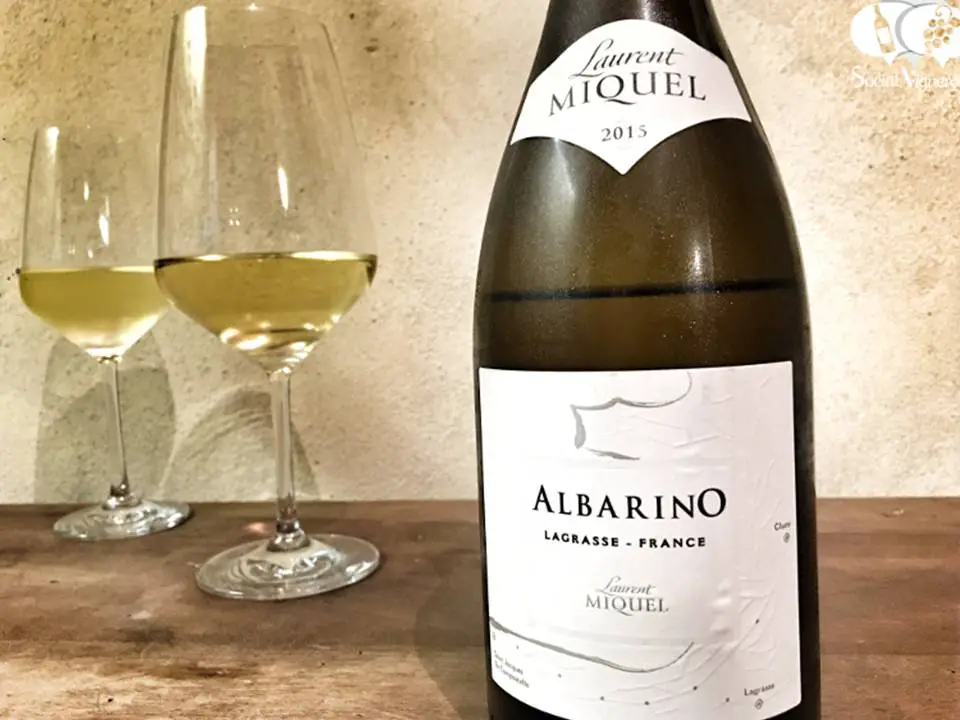
Albariño Spain
Known for its bright acidity, citrus notes, and subtle herbal undertones, Albariño pairs well with the fresh herbs in Qifqi.
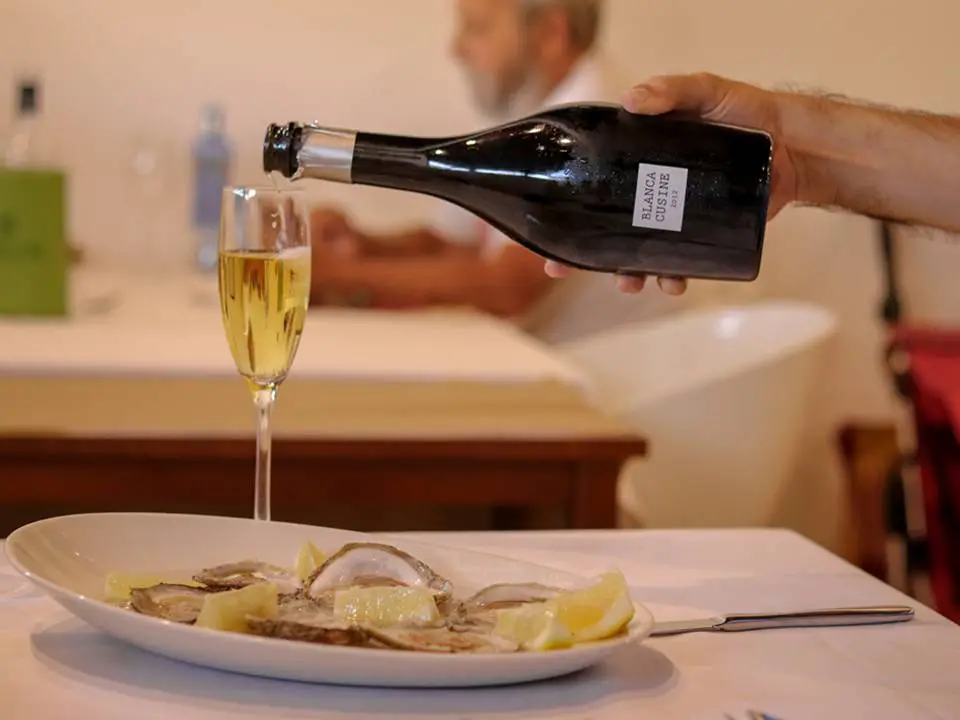
Pinot Grigio
The light, refreshing qualities of Pinot Grigio from Italy work beautifully with Qifqi’s subtle flavours.

Riesling White Dry
A dry Riesling with notes of lime and green apple will balance the richness of the olive oil and rice.

Prosecco Sparkling
A light and slightly fruity Prosecco enhances the dish without overpowering it.

Cava Sparkling Wine
Spanish sparkling wine with crisp, green apple notes that contrast nicely with the savoury herbs.

Dry Rosé Local
A dry rosé from Provence or southern France brings refreshing acidity and berry flavours, a great match for Qifqi’s texture and herbal profile.

Pinot Noir Red Light to Medium
A lighter red wine like Pinot Noir offers soft berry notes and earthy undertones that can enhance the subtle richness of Qifqi.
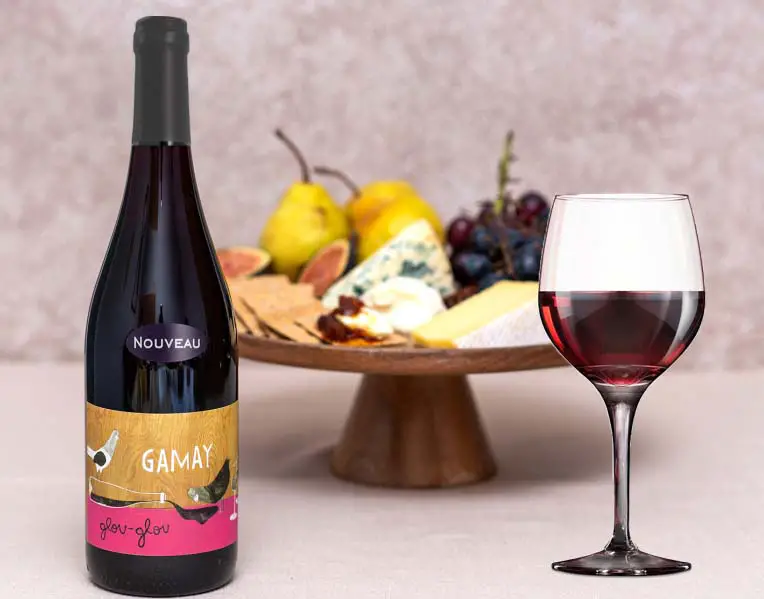
Gamay Beaujolais
Known for its bright red fruit and soft tannins, Gamay complements without overpowering.
Regional Pairing
If you want to stay local, consider an Albanian white wine such as:
Shesh i Bardhë
An indigenous Albanian varietal with a light and fresh profile, ideal for pairing with Qifqi.
Each of these wines will highlight different aspects of the dish, so the choice depends on your personal preference for white, sparkling, rosé, or light red wines. Enjoy!

